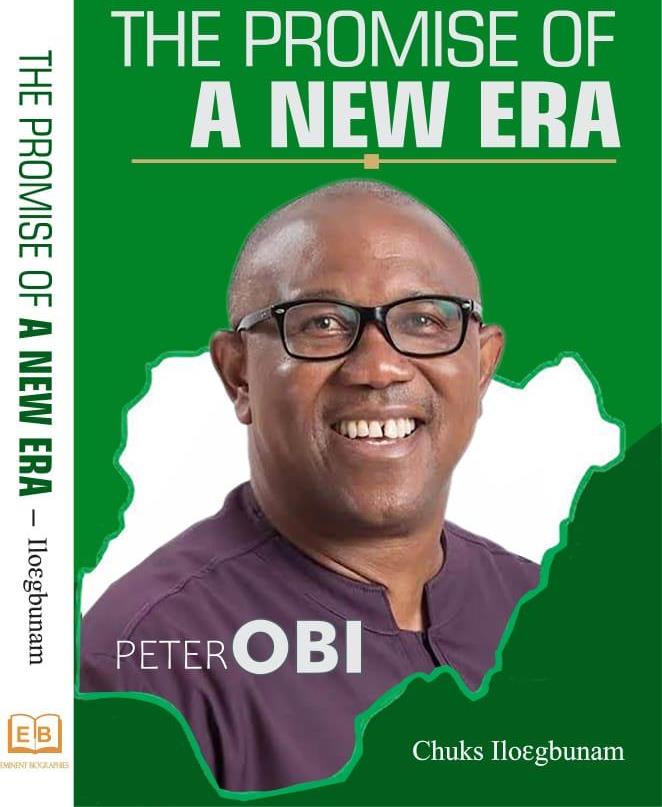The judicial front in the on-going struggle for power in Nigeria will soon open should Peter Obi carry out his threat to explore that option. He has told the media in Abuja that he he’s got the details to unmake Asiwaju Tinubu’s victory.
The legal battle will prove the most sensational in recent history of democracy in Nigeria because, unlike before when such judicial exploration hardly attracted attention beyond those directly involved, this would be different. Peter Obi has a youth constituency that is interested in the outcome.
Asiwaju Bola Ahmed Tinubu of the ruling APC has since been declared the winner and already preparing to form a government after May 29th, 2023. It could be just as it could suffer a setback.
His first snag was whether he needed to win 25% in the Federal Capital city. That has passed and the nation was spared the ‘entertaining’ battle. It has been replaced by threat of court action over claims of rigging.
Before this turn, Intervention recalled Labanji Bolaji’s book on how late president, Shehu Shagari came to power through mathematical politics. The story which was overshadowed almost at the point of posting is almost intact here for the records:
It is a January 1st, 1980 book. It is not a text most of the young people on the barricades today would have read or be very much aware of. According to the cataloguing platform – Goodreads – it is a “comprehensive examination of the Nigerian general elections in 1979, and how Mr. Shagari emerged as President, eventually – with the help of the Judiciary”
What constitutes 2/3 of 24 states, (Nigeria was a 24 state structure then) was the controversy then. The Federal Electoral Commission – FEDECO- forerunner of today’s INEC had been interpreting that requirement in terms of 13. It insisted, for instance, that for parties to be considered national, it must have functional offices in 13 states of the federation.
But, in the presidential election, the defunct National Party of Nigeria, (NPN) won in 12 states and much less than 2/3 in the 13th state. That was Kano where the People’s Redemption Party, (PRP) was the landlord.
So, the question was what exactly constituted 2/3 of 24? Was it 12 or 13? Politically, it was 13. Mathematically, it would be 12 and some fraction.
In the interlude, Chief Richard Akinjide, a lawyer and an NPN stalwart ventured the opinion that the answer was 12 and 2/3, not 13. When the case went to court, the court adopted an interpretation that became an endorsement of Akinjide’s argument. Labanji Bolaji, a prolific journalist and an Awoist then put pen to paper to produce what the publishing house described above.
In the event that the developing electoral impasse assumes that turn, the book may be smartly reprinted and would sell very well, proving the thesis that meaning is deferred.
It is beginning to look like, either way, this democracy favours lawyers. Should a judicial tussle over 2/3 develop, lawyers will get all the money, leaving everyone else stranded. Chai!




























